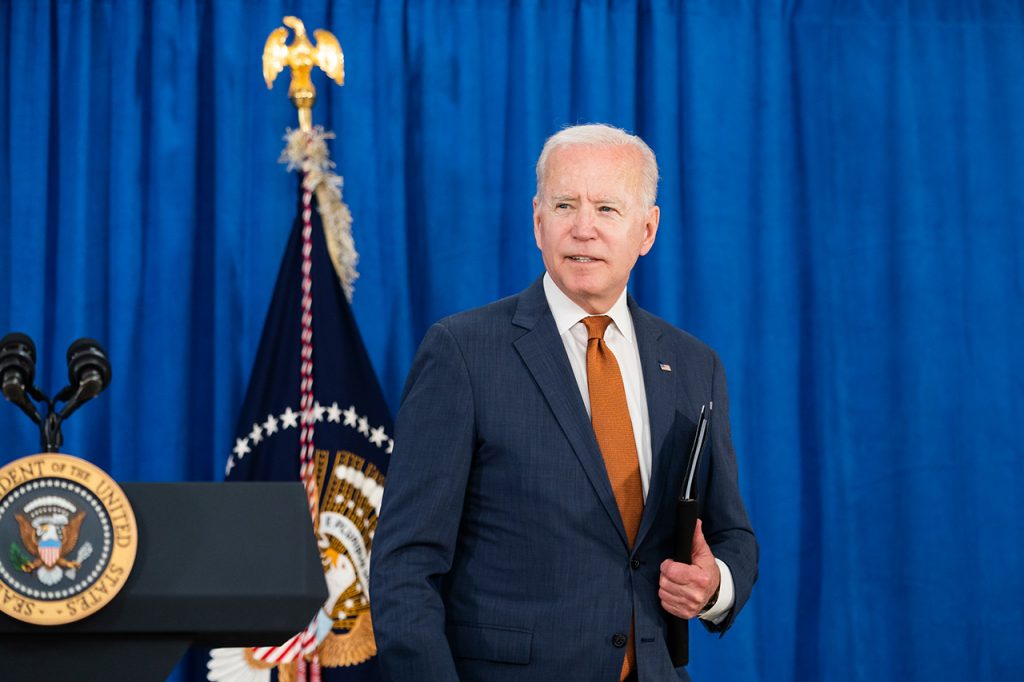The War In Afghanistan: Michigan Experts Weigh In On What Could’ve Been Done Differently
Public opinion polling suggests Americans are ready to be done with our military involvement in Afghanistan. But this week, many are questioning whether the withdrawal had to look like this.

On Monday, President Joe Biden addressed the American people after the United States began evacuating Afghanistan. The Taliban now controls the country and Kabul, its capital city, for the first time since the U.S. invaded the country almost 20 years ago.
“I still think if we had kept that focus on narrow counterterrorism, even after a few years under the Bush era, things may have played out different.” –Javed Ali, University of Michigan Gerald R. Ford School of Public Policy
While public opinion suggests most Americans are ready for the U.S. to be done with its troop presence in Afghanistan, many are now asking: “Did it have to end this way?”
Listen: Saeed Khan and Javed Ali discuss the latest in Afghanistan.
Guests
Saeed Khan is a senior lecturer of Near East and Asian Studies at Wayne State University. Khan says American involvement in the region has a history of nation-building, and many Americans do not realize that the U.S. involvement in Afghanistan predates 9/11. “American involvement, to be accurate, is not just the last 20 years in Afghanistan. It actually goes back to 1979 in our efforts to fight a proxy war against the Soviet invasion there.”
He thinks that the U.S. insisting the Taliban not be a part of the new government in any way was a mistake. “So here we find them without bringing the Taliban to the table earlier, understanding that they were not only going to have a seat at the table but that they were going to be dictating perhaps what was going to be on the menu, what needed to occur.”
“So here we find them without bringing the Taliban to the table earlier, understanding that they were not only going to have a seat at the table but that they were going to be dictating perhaps what was going to be on the menu, what needed to occur.” –Saeed Khan, Wayne State University
Javed Ali is an associate professor of practice and national security expert at the University of Michigan’s Gerald R. Ford School of Public Policy. He recently wrote an op-ed in The Detroit News, titled “What the fall of Kabul means for Afghanistan, Taliban.” Ali says things could have played out differently if former President Obama had kept a more narrow focus.
“[H]e campaigned, if people recall, on getting out of Afghanistan. And yet, because of conditions on the ground, and perhaps policy priorities, there was a troop surge in his first year. Almost 100,000 troops,” he says. “That’s the most troops we’ve had in Afghanistan in almost a year plus under President Obama and then we started to thin out. So I still think if we had kept that focus on narrow counterterrorism, even after a few years under the Bush era, things may have played out different.”
Web story written by Dan Netter
Trusted, accurate, up-to-date.
WDET strives to make our journalism accessible to everyone. As a public media institution, we maintain our journalistic integrity through independent support from readers like you. If you value WDET as your source of news, music and conversation, please make a gift today.
